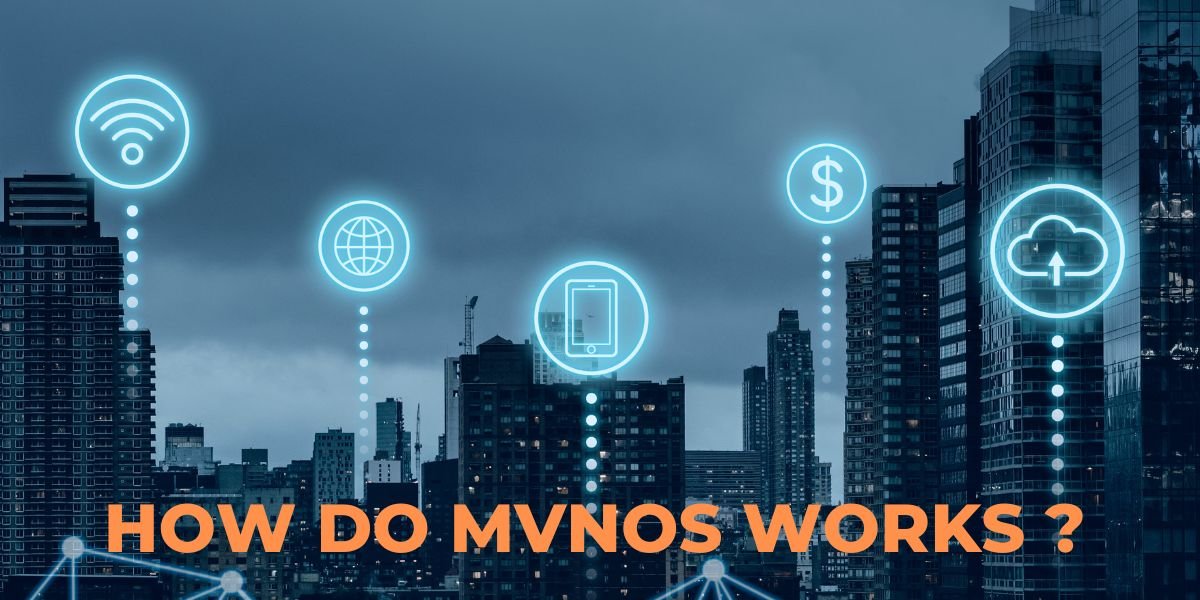
How Do MVNOs Work?
Mobile Virtual Network Operators (MVNOs) offer mobile services like voice and data plans without owning the underlying network infrastructure. Instead, MVNOs lease network capacity from one or more mobile network operators (MNOs), such as AT&T, Verizon, or T-Mobile, and then rebrand and sell that capacity to their customers. In this way, MVNOs can offer competitive pricing and tailored services without the significant investments required to build and maintain their own networks.
Three criteria are commonly used to classify MVNOs
Yes, MVNOs are often classified based on three criteria:
Business Model: MVNOs can operate as service resellers, which means they resell the services of a single MNO, or as full MVNOs, which have more control over the services they offer, including pricing, branding, and customer management.
Customer Segment: MVNOs can target specific customer segments, such as budget-conscious consumers, business customers, or ethnic groups, and tailor their services accordingly.
Service Offering: MVNOs can focus on offering specific services, such as voice, data, or both. Some MVNOs also provide value-added services, such as international calling or roaming, which are not typically included in traditional mobile plans.
Using these criteria, MVNOs can differentiate themselves from traditional MNOs and offer unique and customized mobile services to their customers.
Mobile Virtual Network Operators offer the following connectivity services
Mobile Virtual Network Operators (MVNOs) typically provide the following connectivity services to their customers:
Voice Calls: MVNOs offer services allowing customers to make and receive calls using mobile devices.
Text Messaging: MVNOs also offer text messaging services, allowing customers to send and receive text messages.
Mobile Data: MVNOs offer mobile data services, which allow customers to use the internet, browse websites, and use data-intensive applications, such as streaming music or video.
Mobile Broadband: Some MVNOs offer mobile broadband services, which provide high-speed internet connectivity for laptops and other devices using a mobile data connection.
International Roaming: Some MVNOs offer international roaming services, allowing customers to use mobile devices while traveling abroad.
Mobile Hotspot: MVNOs also offer mobile hotspot services, which allow customers to share their mobile data connection with other devices.
By offering these services, MVNOs provide their customers with a comprehensive mobile experience and alternative options to traditional mobile services.
Now that we know how MVNOs work and their services, let’s examine a few examples of mobile virtual network operators.
Contact us today to get a consultation!
Send us a message to get answers to any of your questions & we'll get back to you within 24-48 hours or as soon as possible.
